Boosting Farm Success with Sustainable Practices for a Greener Future
One of the main causes of global warming is agriculture.
Vertical farming
Vertical farming is one of the innovative solutions that innovators have developed to make agriculture more sustainable.
Farming frequently causes more harm than good to the environment, despite the common belief that it would help by giving people and animals food sources. Numerous methods, like tillage and pesticide use, degrade soil quality, which regrettably contributes to the atmosphere's significant CO2 sequestration. Both pesticides and fertilizers have a tendency to contaminate clean drinking water, and the latter eventually endanger both people and wildlife.
In the meantime, a lot of irrigation methods use so much water that it can eventually run out of replenishment. In order to make room for farming, a lot of land is also cleared, which causes deforestation and increases energy consumption. Nevertheless, in order to make sure that the agricultural sector is operating in a low-impact manner, it's critical to take into account the many farming methods that we might and ought to employ more frequently. Here are a few examples of sustainable farming methods:
Techniques for conserving soil
The health of our planet's soil is vital because it naturally composts, stores a significant quantity of CO2, and supports a variety of significant creatures. Sadly, chemical fertilizers, improper agricultural techniques, and artificial manures damage our soil; nevertheless, there are numerous ways to protect it using soil conservation techniques.
Regenerative Farming
One form of soil conservation technique that has gained a lot of traction is termed regenerative agriculture. It essentially focuses on using crop rotation, compost, animal manures, and cover crops to restore the soil while cultivating crops. Rain gardens and shade trees are two more.
Farming using organic methods
Without the use of chemicals or pesticides, organic farming only employs biological fertilizers and natural pest control techniques to cultivate crops. In order to receive the genuine organic label, producers must pass a rigorous certification process verifying that their methods are completely safe and devoid of any toxic materials. In the end, this has a favorable effect on the neighboring lands, farmers, wildlife, water, and atmosphere.
Growing vertically
Deforestation, or the removal of trees to make room for farms, is one of the main reasons farming is so bad for the environment. It kills trees that would otherwise absorb CO2, damages habitats, and uses a tremendous amount of energy. However, vertical farms also save water and space. They give plants room to grow without requiring much space to be cleared, frequently enabling plants and crops to grow higher. In order to conserve water, they also use technology, giving plants only what they require.
Vegan agricultural
We frequently talk about the many ways that going vegan would benefit the environment. A vegan lifestyle (and vegan farms!) are cruelty-free because they don't utilize animals for their meat or byproducts, which also helps to prevent future pandemics. Large volumes of manure from animal farms are frequently allowed to contaminate neighboring water supplies, and animal farms themselves contribute significantly to the vast amounts of methane released into the atmosphere. Horrible.
-logo.webp.png)
.jpg)
-logo.webp.png)
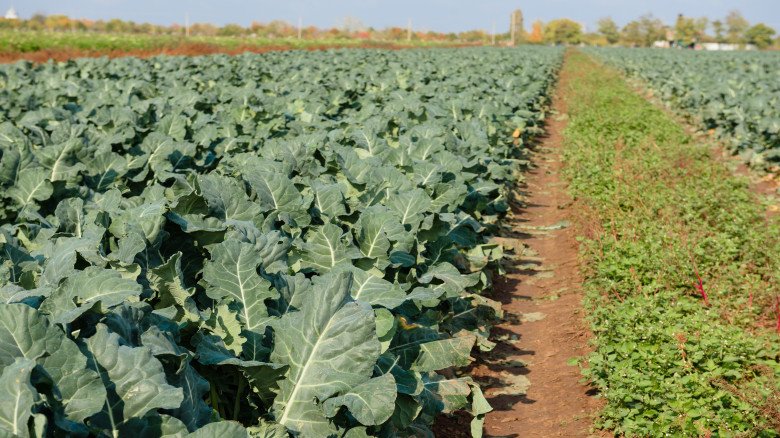
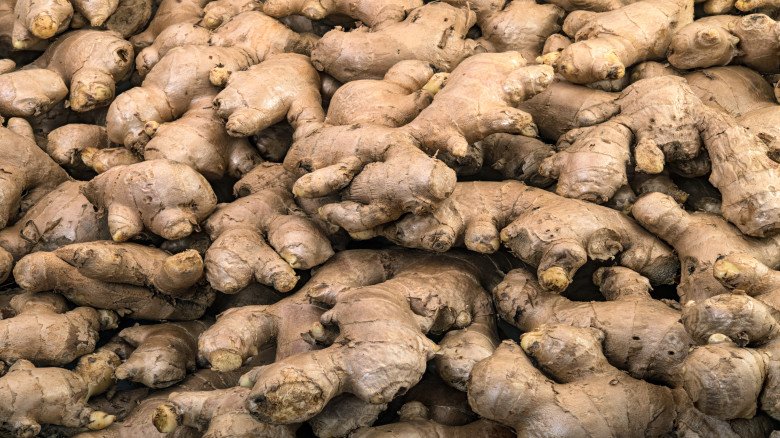
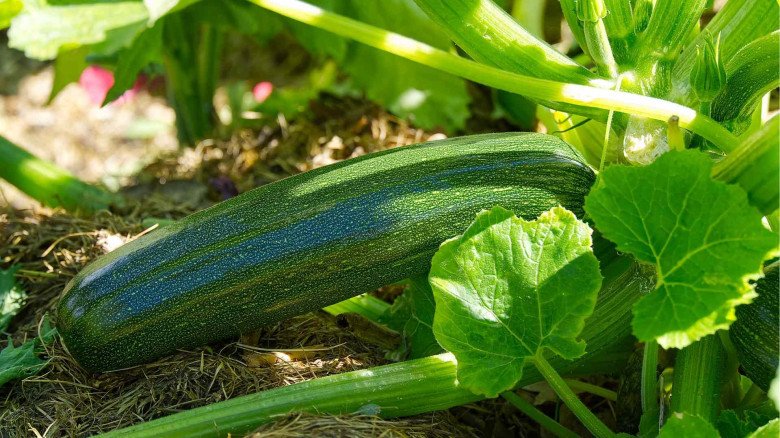
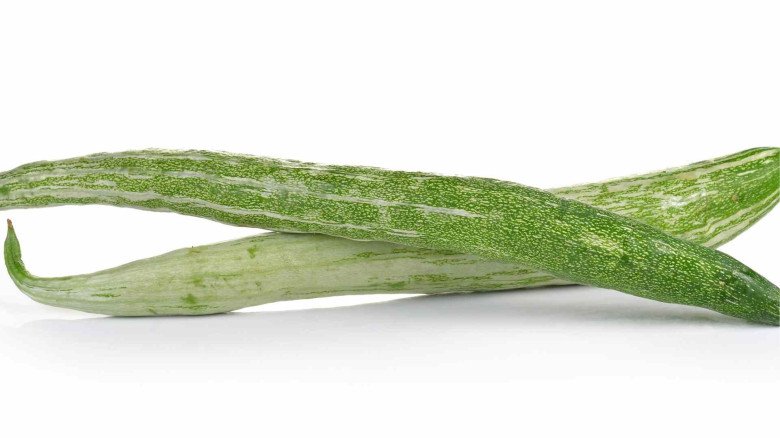


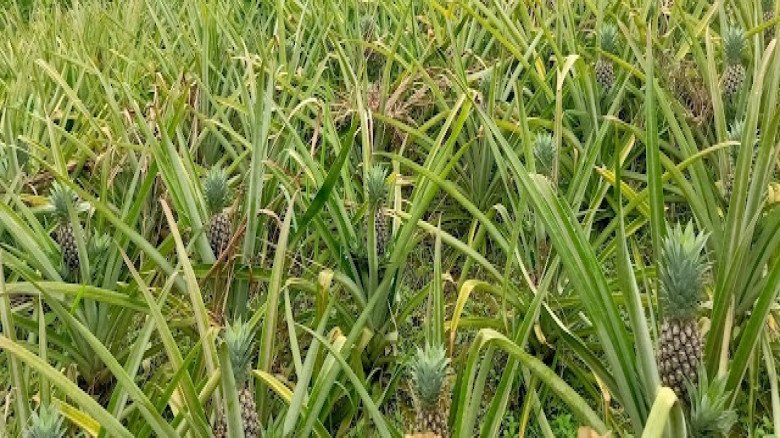
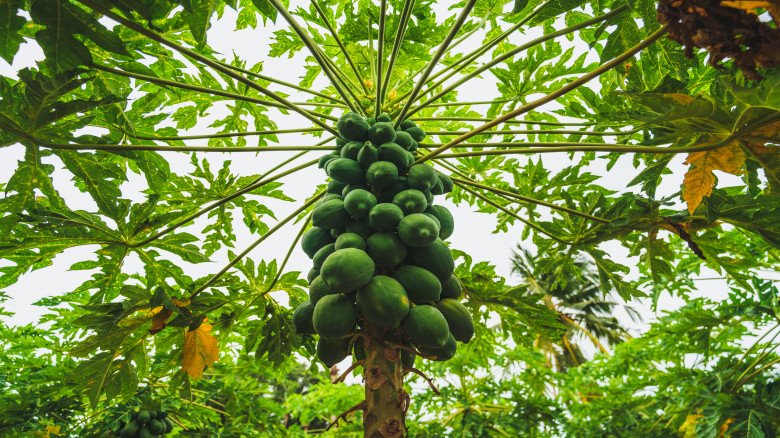
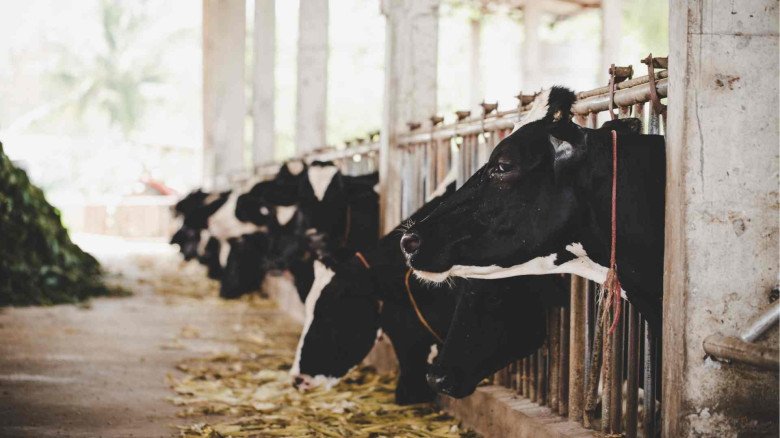
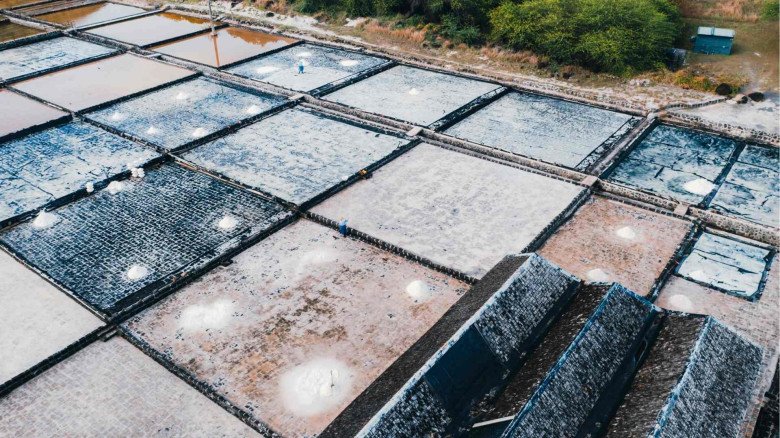
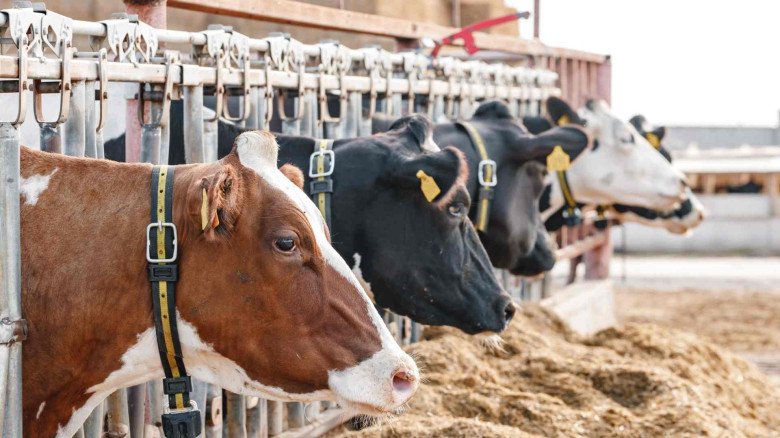
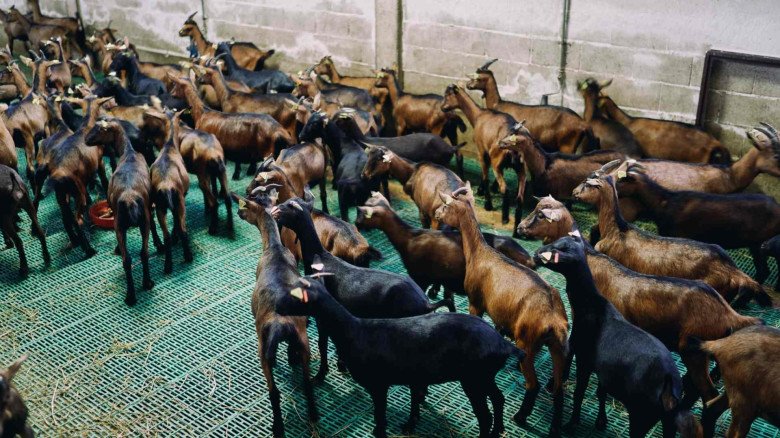
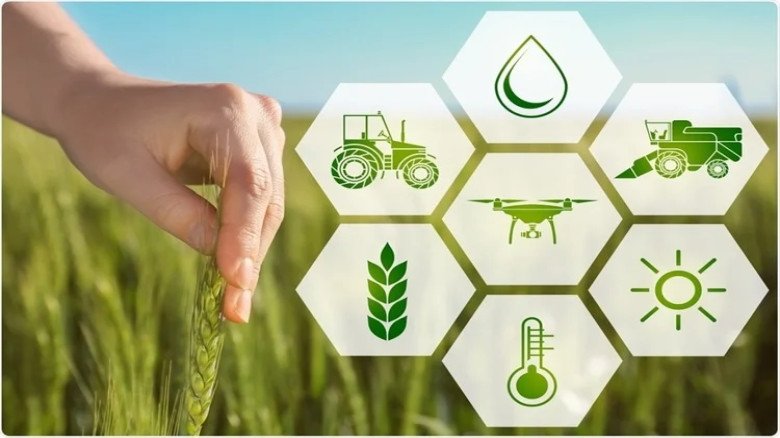
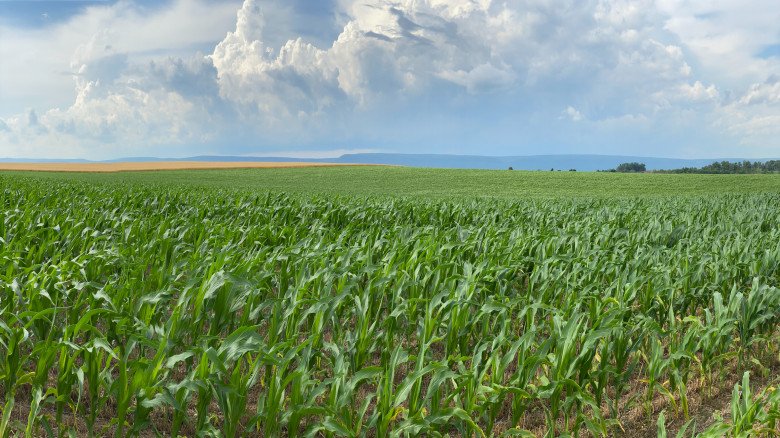
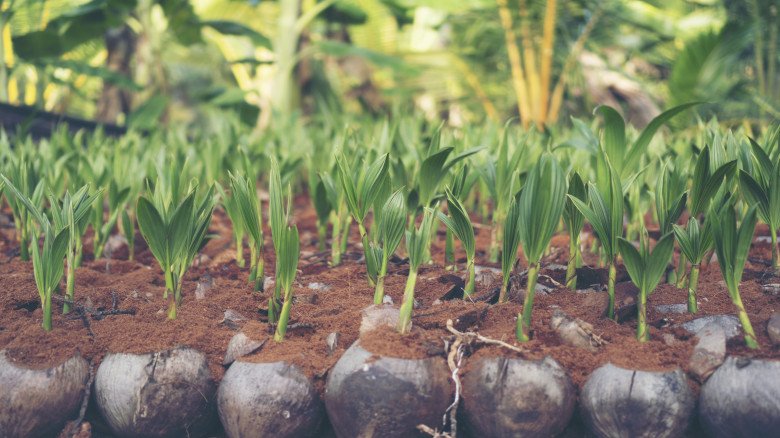
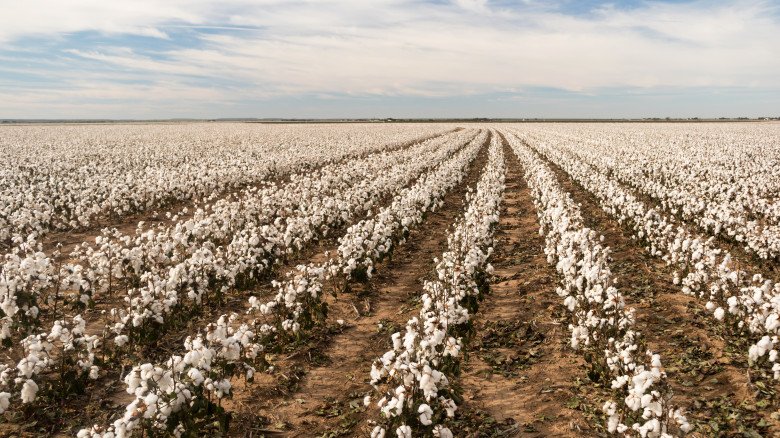
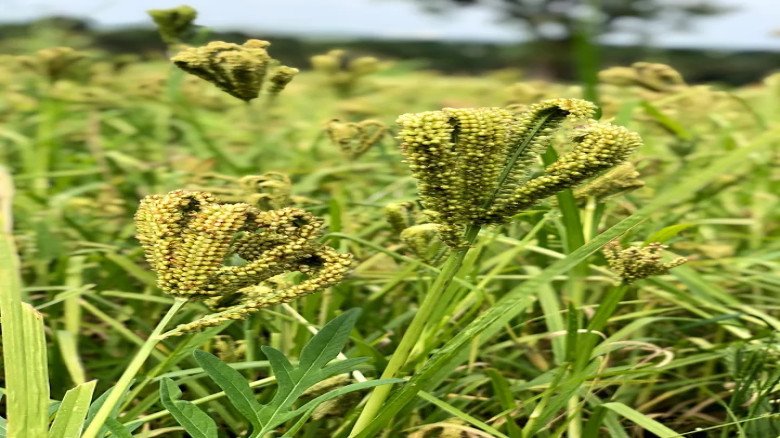
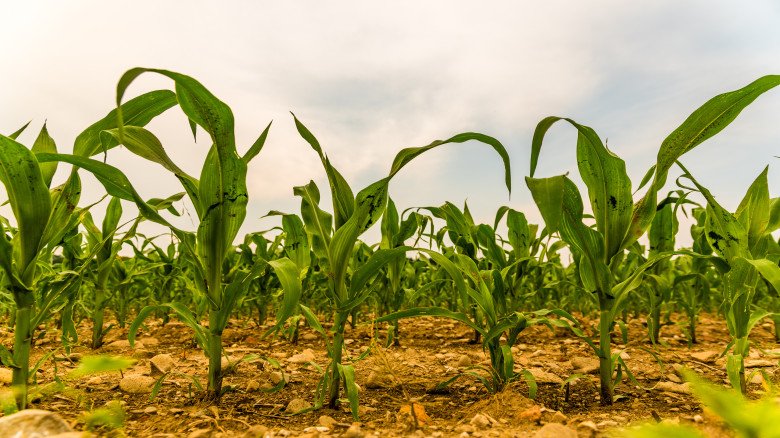
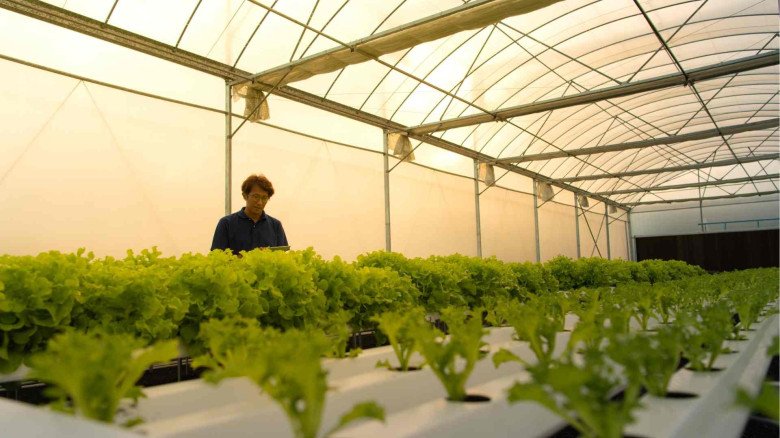
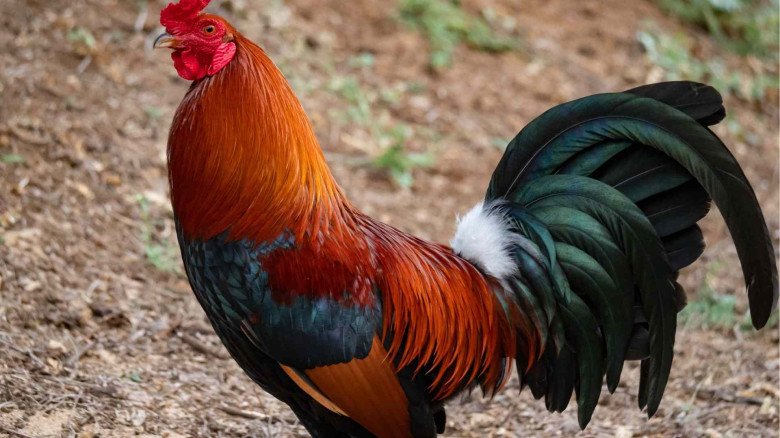
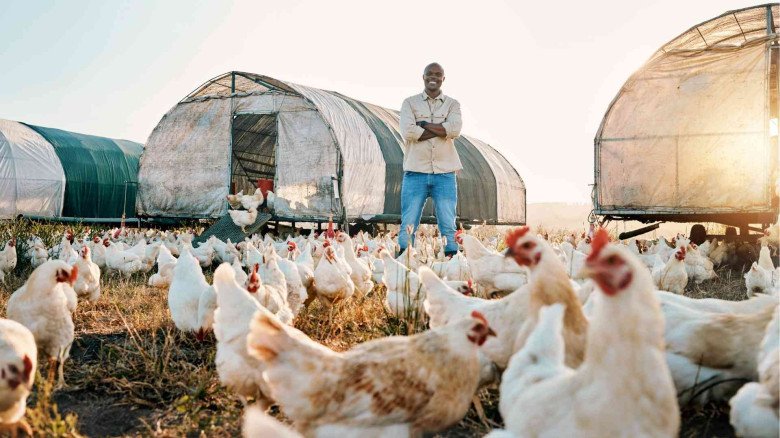
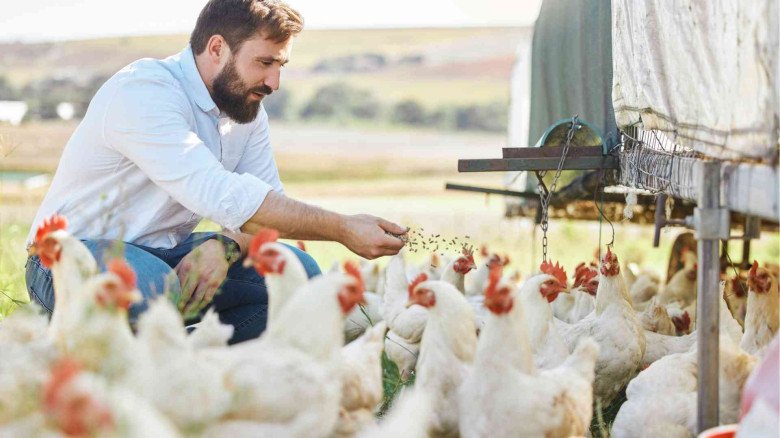
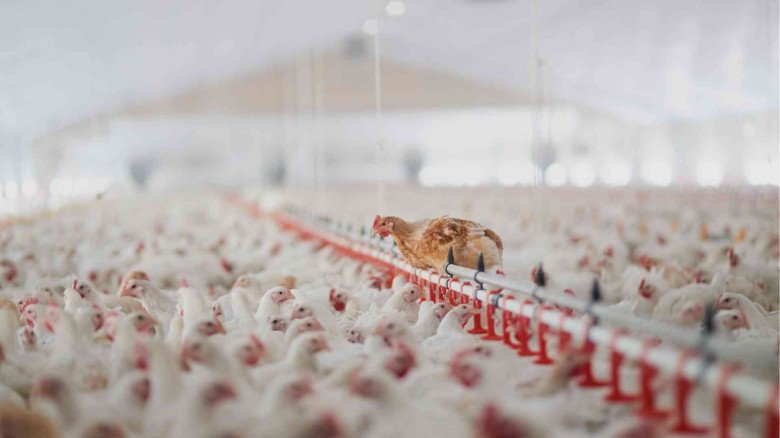
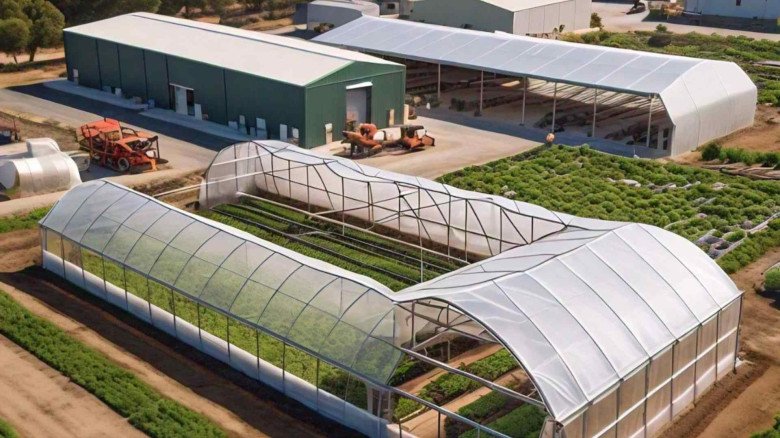
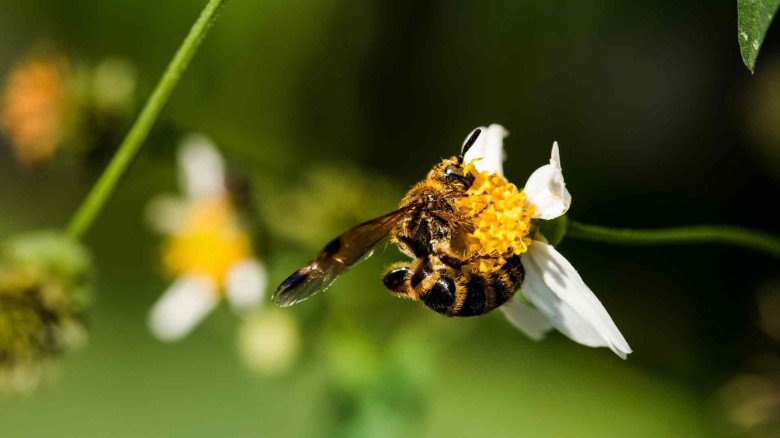
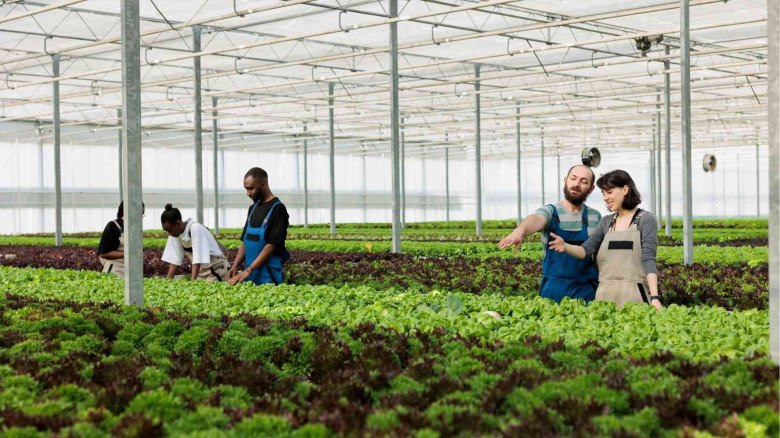
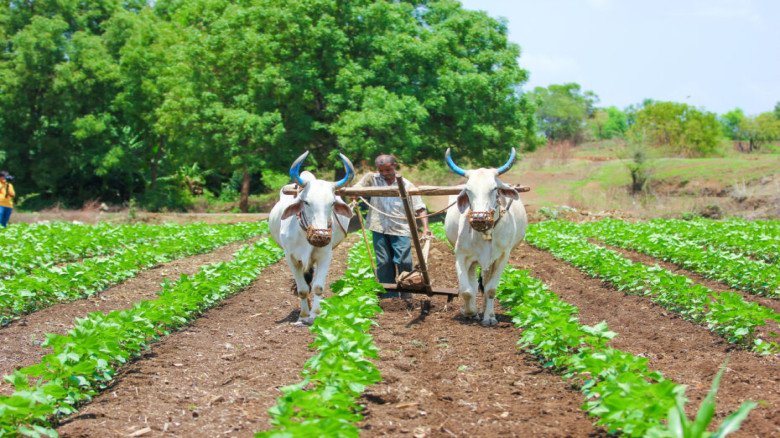
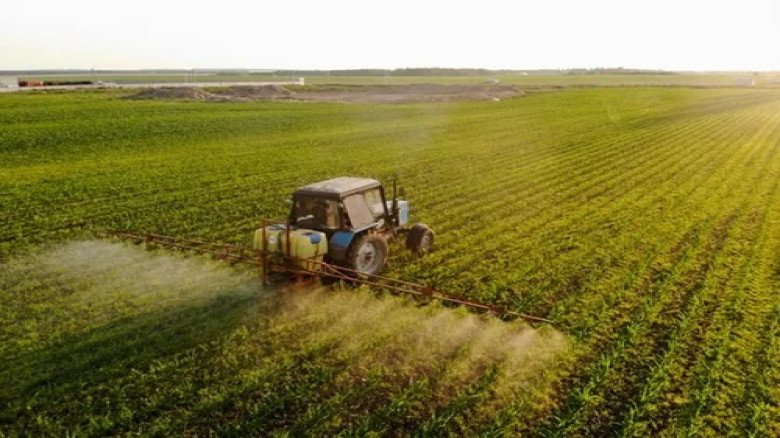
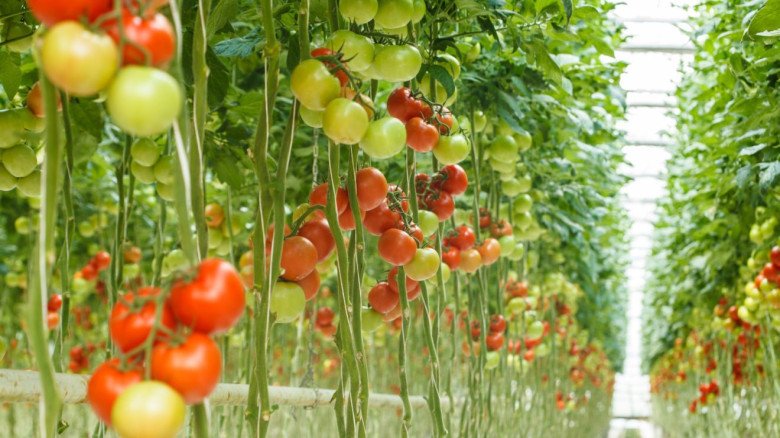

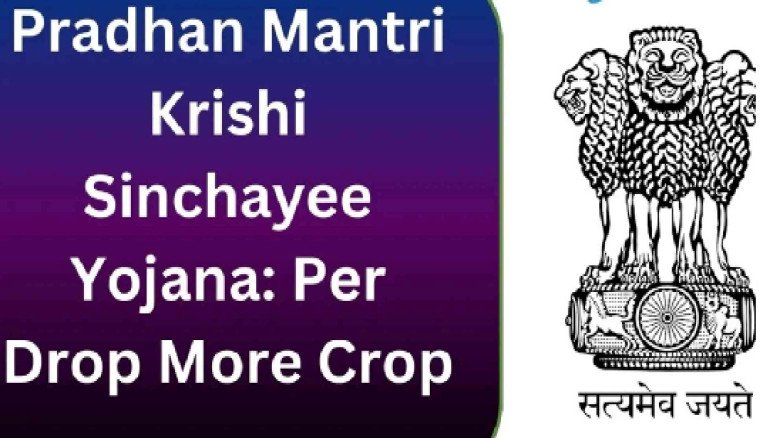
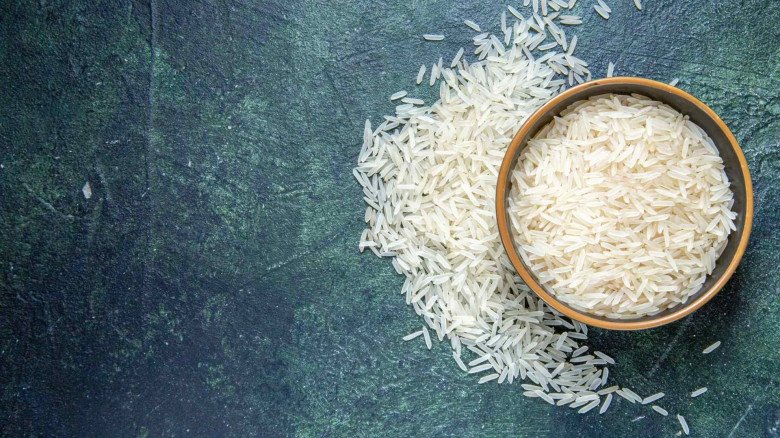

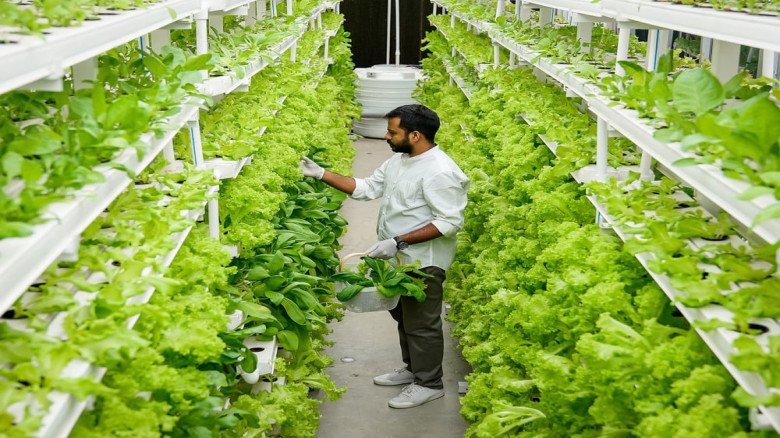
Leave A Comment